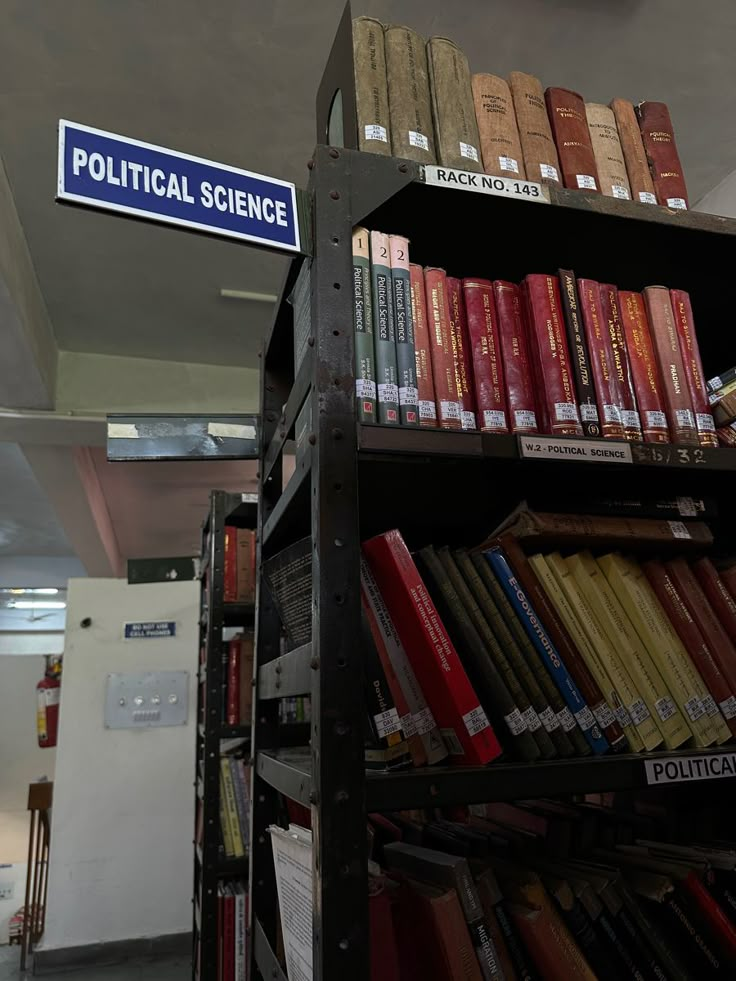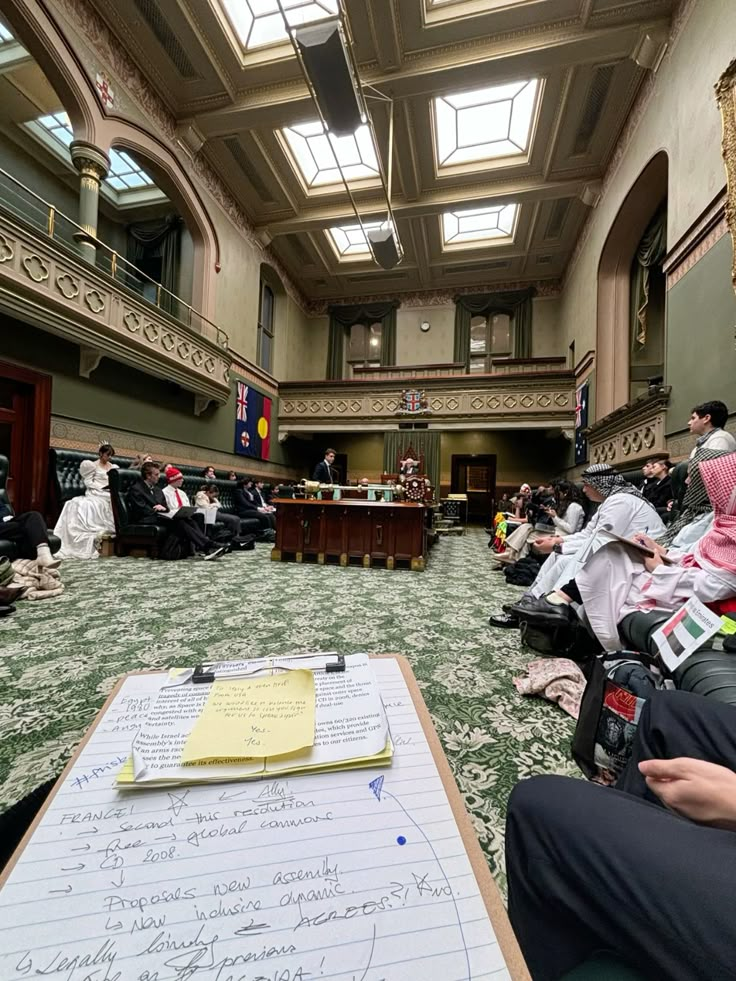Principles of Politics

- Repoter 11
- 04 Oct, 2025
Politics is the art and science of governing societies, making decisions for communities, and balancing competing interests. The principles of politics provide a framework for understanding how power is acquired, exercised, and maintained, as well as how political institutions and policies are formed. Political authority must be seen as legitimate by the people it governs. Legitimacy can stem from tradition, laws, democratic elections, or the consent of the governed. Without legitimacy, governments risk instability and rebellion. At the heart of politics lies power—the ability to influence or control the behavior of others. Power can be exercised through persuasion, negotiation, economic influence, or force. Understanding who holds power and how it is used is essential to analyzing political systems. In democratic societies, political power is exercised through representation. Citizens elect officials to act on their behalf, ensuring that the government reflects the will of the people. Effective representation requires transparency, accountability, and fair electoral processes. A core aim of politics is to achieve justice within society. This involves distributing resources fairly, protecting rights, and ensuring equal treatment under the law. Different political ideologies offer varying definitions of what justice means, from equality of opportunity to equality of outcome. Every political unit, especially nation-states, claims sovereignty—the ultimate authority over its territory and population. Sovereignty is a key concept in international relations, ensuring the independence and self-determination of nations. Political systems function best when citizens actively participate. Voting, public debate, civic activism, and engagement with institutions strengthen democracy and hold leaders accountable. Politics is guided by enduring principles that help societies organize themselves, solve conflicts, and pursue collective goals. By understanding these principles—legitimacy, power, representation, justice, sovereignty, and participation—we gain deeper insight into the workings of governments and the challenges they face in achieving fair and effective governance.1. The Principle of Legitimacy
2. The Principle of Power
3. The Principle of Representation
4. The Principle of Justice
5. The Principle of Sovereignty
6. The Principle of Participation
Conclusion
Leave a Reply
Your email address will not be published. Required fields are marked *




